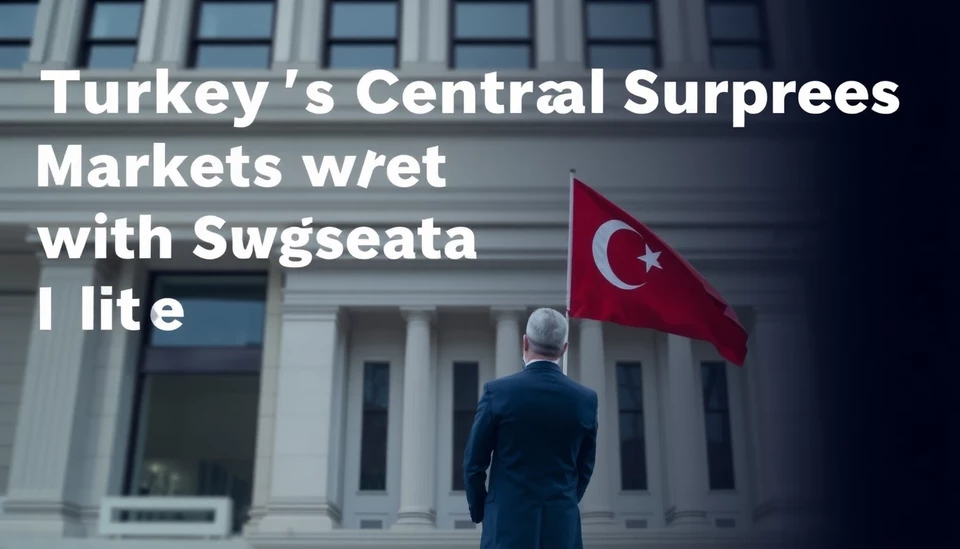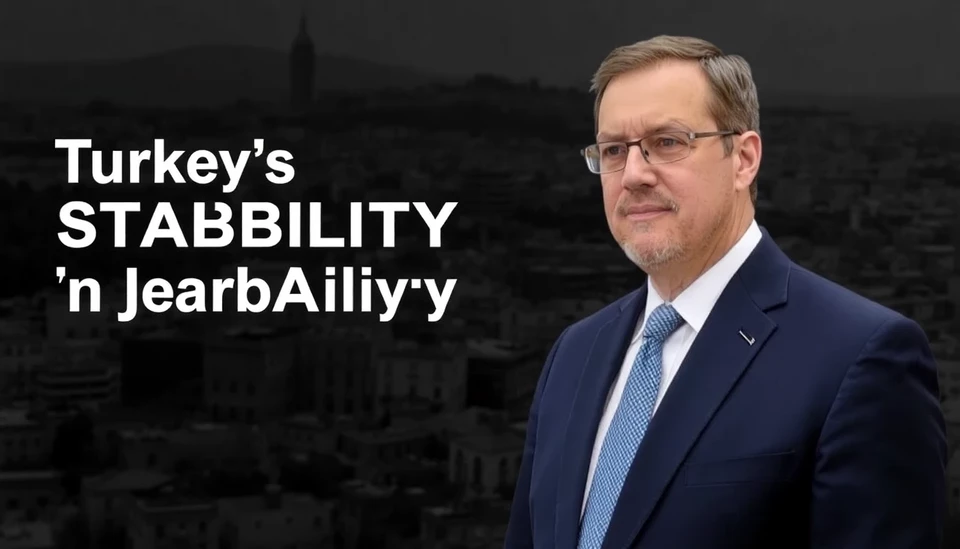
In a swift sequence of events, Wall Street's enthusiasm for Turkey and its market potential has dramatically unraveled in just half an hour. Investors had previously been buoyed by the prospects of lucrative opportunities in one of Europe’s emerging economies. However, recent developments have compelled financial executives to swiftly reassess their positions.
The turnaround began when the Turkish government announced a surprise shift in monetary policy, unexpectedly slashing interest rates in a bid to boost economic growth. Initially, the market reacted positively, with investors betting on the immediate benefits of increased liquidity. However, the optimism was short-lived as fears of uncontrolled inflation and currency devaluation crept back into investors' minds.
Within just 30 minutes of the policy announcement, a wave of sell-offs rippled through Turkish equities and bonds as market analysts and investors began to digest the implications of such a drastic monetary approach. Historically, swift interest rate cuts in Turkey have led to accelerated inflationary pressures, sparking concerns that economic stability was being sacrificed for short-term growth.
This latest abrupt decision underscores the ongoing volatility that has defined Turkey's economic landscape in recent years—marked by dramatic currency fluctuations, soaring inflation rates, and geopolitical tensions. The reaction from Wall Street reflects a growing wariness regarding the sustainability of Turkey’s economic policies, compounded by an international context that increasingly favors predictability and stability in investments.
As financial institutions reassess their exposure to Turkish assets, it remains to be seen how this situation will unfold. Analysts suggest that while certain sectors may still present opportunities, the overarching uncertainty could compel many to pivot away from Turkey in favor of less risky markets.
Turkey's challenges are further magnified by various external pressures, including shifts in international trade dynamics and regional instability. Consequently, the prevailing sentiment appears to be one of caution, with Wall Street valuating not just the immediate financial implications but also the long-term viability of Turkey's economic strategy.
In the fast-paced world of finance, where minutes can mean the difference between profit and loss, Wall Street's quick shift from excitement to disillusionment underlines the complexities of investing in emerging markets. Going forward, stakeholders will need to tread carefully as they navigate the intricate web of Turkey's economic realities.
As this situation develops, all eyes will remain on both the Turkish government’s monetary policy moves and the reactions from the global investment community, which has once again been reminded of the precarious nature of emerging market investments.
#Turkey #WallStreet #Investments #MonetaryPolicy #EmergingMarkets #Inflation #EconomicGrowth #FinanceNews
Author: John Harris




